Can we take a minute to talk about Orphan Black’s badass, nuanced, complex depiction of motherhood? Thanks. This feminist drama has always been a refreshing, revolutionary representation of what it means to be a mother on TV (i.e. you can be a mother and still get to be, you know, a person), but Season 3 is stepping it up with its diverse depictions of motherhood. Season 3, Episode 2 “Transitory Sacrifices of Crises” doubled down on this theme, showing us motherhood in some of its many forms…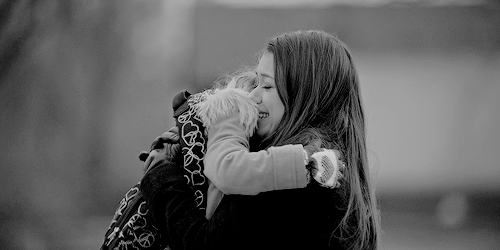
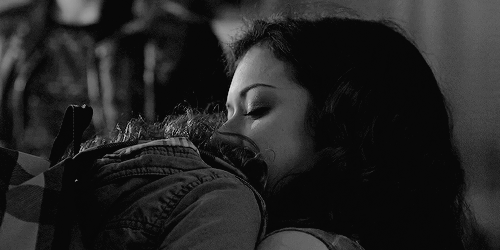 Sarah is allowed to be both a mother and a badass protagonist. In this week’s episode, Sarah ultimately sends Kira away with father Cal so that she will be safe while she stays behind to a) get Helena back from the Castor clones, b) take down Dyad, and c) be a badass protagonist. It is so, so heartbreaking to watch Sarah say goodbye to her daughter, the most important thing in the world to her, but — in watching this scene — I couldn’t stop obsessing about how great and rare it is to see a mother as the chief protagonist of a show, let alone a representation of a mother as badass as Sarah Manning.
Sarah is allowed to be both a mother and a badass protagonist. In this week’s episode, Sarah ultimately sends Kira away with father Cal so that she will be safe while she stays behind to a) get Helena back from the Castor clones, b) take down Dyad, and c) be a badass protagonist. It is so, so heartbreaking to watch Sarah say goodbye to her daughter, the most important thing in the world to her, but — in watching this scene — I couldn’t stop obsessing about how great and rare it is to see a mother as the chief protagonist of a show, let alone a representation of a mother as badass as Sarah Manning.
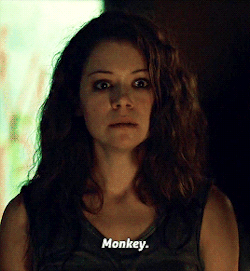
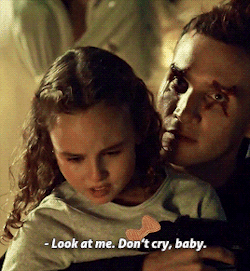
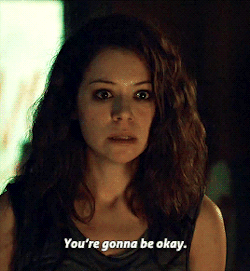
Sarah’s decision to send Kira away is a storyline you almost always see told with the opposite gender roles: i.e. the father as protector stays behind to fight the evil men/corporation/whatever, while the mother as caregiver hides with the child. Like many tropes, there isn’t anything inherently wrong with this scenario — caregiving is an important, heroic role. It’s when the trope becomes an all-consuming pattern, the only conflated representation of a specific type (in this case: mother) to move through the world, that it becomes problematic. Orphan Black just straight up refuses to reinforce this strict gender narrative, allowing Sarah to be both the mother and the hero, both the caregiver and the protector.
This is kind of amazing because, forget badass action hero, women on television hardly ever get to be both a mother and the freaking protagonist. In Orphan Black, however, motherhood isn’t something that weakens or sidelines Sarah. On the contrary, she is all the stronger for it. Furthermore, she is allowed to have identities outside of her role as mother and not be judged for them. She is allowed to sometimes make mistakes as a mom and not be narratively punished because she is a complex, flawed human being who is just trying her best in a crazy, messed up situation. You know, just like action hero fathers are portrayed. All. The. Time.
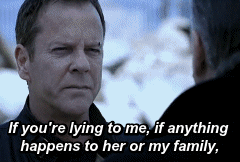
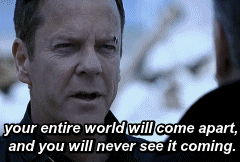
I’m sure (read: hope) there are other TV examples of mother characters allowed to have action-oriented identities outside of their roles as mother, while still being portrayed as a good mother, but the only ones that come to mind right now are Farscape’s Aeryn Sun and The Sarah Connor Chronicles’ Sarah Connor.
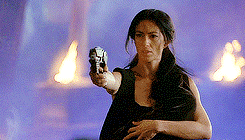
Man, do I ever want these three fictional characters to start a support group. Except none of them would ever go. A drinks night, maybe? They can drink Bourbon and polish their guns and trade stories about their scars — some of which have been earned in battle, and some of which have been earned through the ordinary, mundane realities of motherhood. Make it happen, Internet.
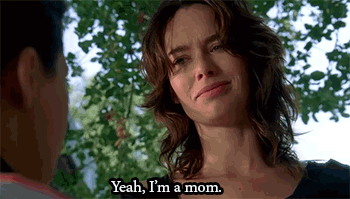
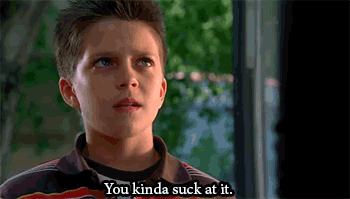
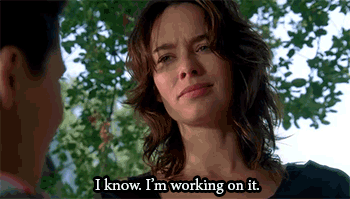
Read the rest of our recap over at Head Over Feels!


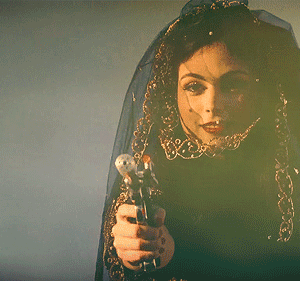
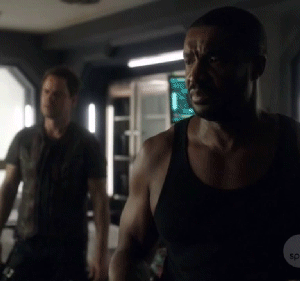
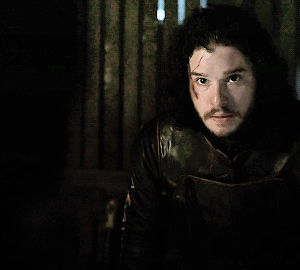
Leave a Reply